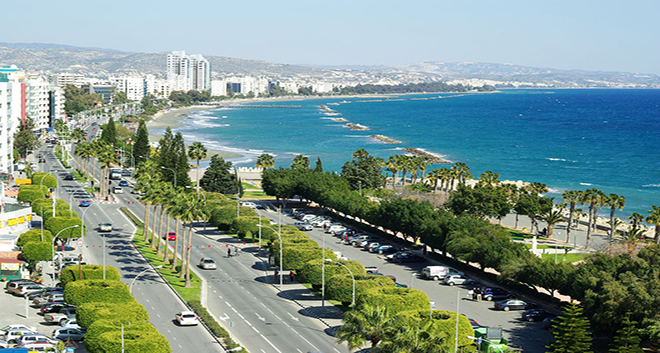Restrictions on capital movement imposed by Lebanese banks have put pressure on an economy which has traditionally relied on foreign direct investment and remittance inflows from the diaspora while also affecting investment in Cyprus.
As anti-corruption demonstrations have rocked Lebanon since mid-October, Lebanese banks have taken unofficial measures in an attempt to prevent bank runs and big capital leaving the country altogether.
Calling the steps temporary, banks had agreed to impose restrictions on the withdrawal of capital denominated in currencies other than the Lebanese Pound, which has put pressure on investments abroad including Cyprus.
Stakeholders in Cyprus told the Financial Mirror that Lebanese banks have restricted outflows of cash denominated in a foreign currency, making it difficult for Lebanese investors to go ahead with projects on the island.
Hoping restrictions will be lifted soon, Jad Wakil, Director of Mouflon Real Estate Funds, said that the capital controls, although unofficial have put a strain on Lebanese activities in Cyprus which are reaching new records.
“Transactions are put on hold as investors are having a hard time raising funds. If the situation is not reversed soon then we will be seeing projects put on ice,” said Wakil.
The Mouflon Director said that Lebanese developers are trying to work around the capital controls, by preselling flats or trying to facilitate Lebanese buyers, by actually making the transaction in Lebanon in the local currency.
According to a statement issued Sunday by the Association of Banks in Lebanon, they are to lift restrictions on new money coming from abroad while they have set a withdrawal limit of $1,000 a week for accounts denominated in foreign currency.
Lenders also said that, for now, the transfer of funds outside the country will be allowed strictly for urgent personal matters and asked clients to use their credit cards to meet their needs.
The association insisted the curbs don’t amount to capital controls and are being rolled out in coordination with the central bank. They should go into effect when lenders reopen for business.
Moody’s Investors Service earlier this month had downgraded the Government of Lebanon’s issuer ratings by a notch from Caa1 to Caa2 and remain on review for a downgrade since the country’s economic, social and political crisis has further intensified from the start of October.
S&P has downgraded three top banks in Lebanon, warning that the country’s economic crisis is draining liquidity from lenders. The company said it would further lower the ratings should there be “additional pressure on banks’ liquidity positions or if the banks impose further restrictions on specific transfers and operations.”
Due to the political turmoil, Prime Minister Saad Hariri resigned last month under the pressure of protests, while President Michel Aoun has yet to set a date for parliamentary talks to name a new premier.







